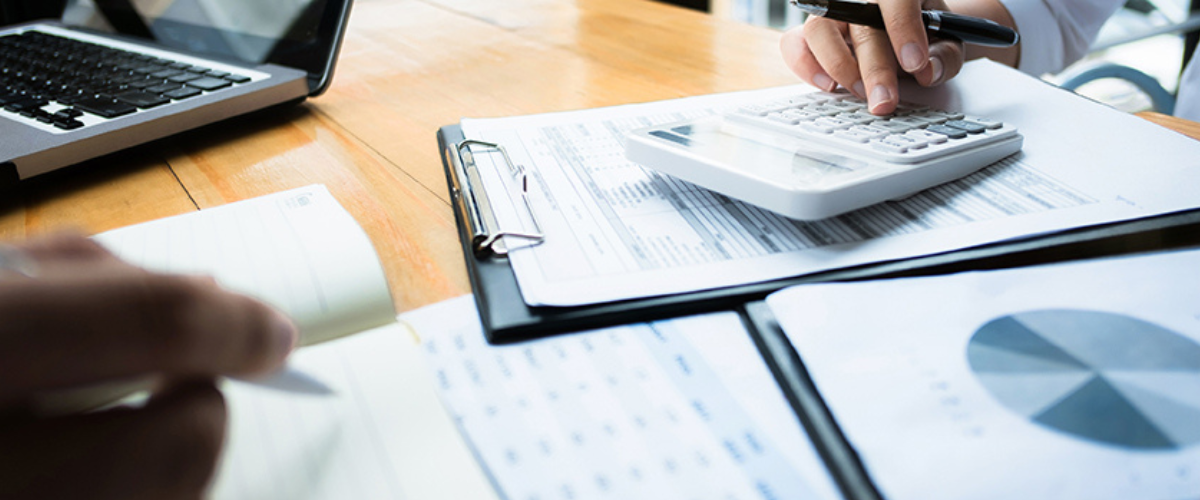
When you’re ready to be your own boss and become an entrepreneur, sometimes buying a small business is the way to go. There’s an existing customer base, an established reputation and, in some cases, established employees, so you can hit the ground running. Perhaps equally as important, there is already a proven and ongoing cashflow, so you won’t have a period of financing every aspect of the business and waiting for the cashflow to begin.
Read more: Financial Considerations When Buying a Small Business
Once you’ve found the business you want to buy, you have to know how much you’re going to pay for it. For that, you need to know the value of the business and its assets. But how can you determine a business’s value?
For the most part, you can determine that value of the physical assets yourself. Many times, you can do this simply by searching online for how much a piece of equipment costs. But for intangible assets, you will have to get a formal valuation done by a professional by an impartial third-party company or do a cashflow-based valuation on your own.
Let’s take a look at some of the assets that are typically included in a small business purchase.
When determining the value of a small business, you have to look at the tangible and intangible assets. Physical assets tend to include the following:
Sometimes the business’s physical location is included in the sale, but not always. More often than not, the seller of the business will retain ownership of the building and lease it to the buyer. This can benefit both you and the seller. In this situation, the seller continues to see a revenue stream from the lease, and you will need a smaller down payment and a smaller business loan for the purchase. If real estate is included in the sale, there are a number of ways you can estimate its value, including your county assessor’s website, or having a real estate valuation completed.
Determining the value of a vehicle can be as simple as a Google search or by checking the Kelly Bluebook value. Any equipment related to the business can be valued in the same way. For example, if you’re acquiring a skid loader in the sale, you can pretty easily see how much they are selling for online.
Any outstanding balances for which the seller is still awaiting payment may be added to the price of the sale. In many cases, however, the seller will simply retain the receivables and collect them as they come in.
Getting an idea of a physical asset’s value can be relatively easy, but getting the value of the intangible assets will require some help from an outside source as these values are usually determined somewhat arbitrarily. Some of the intangibles that they will have to work through include:
This is a value they come up with for the business’s name and reputation. Essentially, it is the value of the business’s brand.
Acquiring a business’s copyright will allow you to continue creating or selling that company’s products or services. A patent will allow you to have exclusive control over the specific design of a product that no other business will have.
If the business has a list of existing customers, like a mailing list or register of past purchases, it could also be factored into the price of the sale.
At the end of the day, the cashflow determines the value of all those intangibles. The goodwill, copyrights and patents, existing customer lists and other assets are only worth as much as the business’s cashflow allows.
A commercial banker at Northwest Bank can help you look at that cashflow and make sure it supports the seller’s asking price and the value of the business as determined by the third-party valuator. If the cashflow doesn’t support the value, a commercial banker will encourage you to renegotiate with the seller or, if they aren’t willing to compromise, walk away from the deal. We want you to achieve your business ownership goals, but above all else, we want you to be successful.
Our commercial bankers have experience with helping aspiring entrepreneurs buy existing businesses. Read about how we helped Rob and Carol Gilbertson buy The Prime Rib steakhouse in Spencer back in 2018.
If there’s a small business you have in mind and you want to start the process of being a new small business owner, reach out to a commercial banker from Northwest Bank today!
Experience the Northwest Bank difference--the better banking experience. Contact us today and let's build a brighter financial future together!
Mon - Fri: 7:00 AM - 7:00 PM CST
Sat: 8:00 AM - 12:00 PM CST
General Support: 800-678-4105